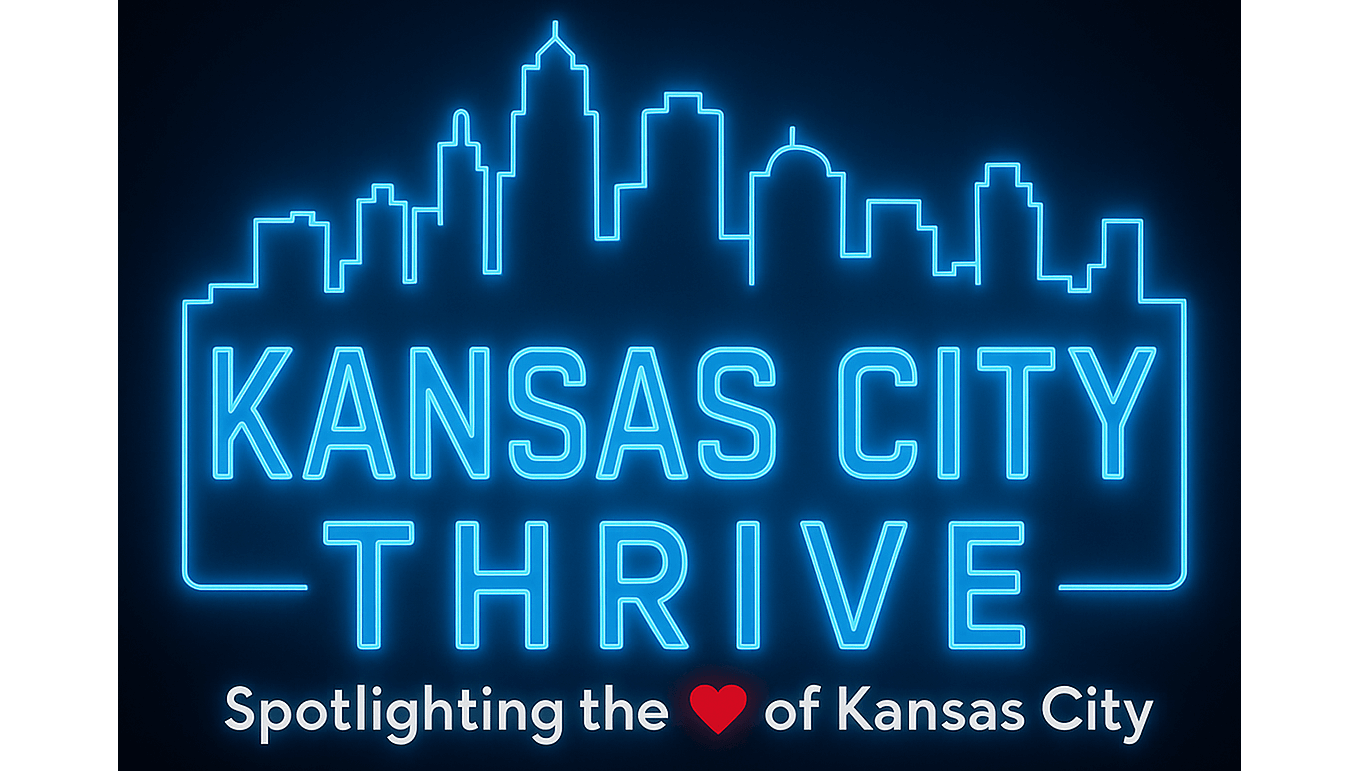
Medicaid Changes Pose Threat to Black Maternal Health in Kansas City
Recent changes to Medicaid funding, particularly through the passage of the controversial Big Beautiful Bill, are raising alarms among local health care providers dedicated to serving Black and Brown communities in Kansas City. One such center, Uzazi Village, has been a beacon of hope for Black mothers seeking prenatal care outside conventional hospital settings. This nonprofit is focused on not only improving health outcomes but also on eliminating racial disparities in maternal health.
Understanding the Impact of Legislative Changes
Uzazi Village is at the forefront of a healthcare system that has struggled to meet the needs of marginal communities. The nonprofit's CEO, Charles Clay, warns that the impending Medicaid cuts could significantly jeopardize services that have already made a positive difference in many lives. Health care services like doula support, mental health assistance, and breastfeeding education are not just luxuries for mothers; they've become essential due to alarming statistics showing that Black women are 3 to 4 times more likely to die from pregnancy-related complications compared to their white counterparts.
Kansas City’s Response to Legislative Actions
Local leaders, including Mayor Pro Tem Reina Park Shaw, are scrambling to find solutions to counter the anticipated fallout from these legislative changes. They recognize that cutting these vital services comes at a perilous moment when health outcomes for Black mothers are already grim. To address these inequities, city leaders are engaging in proactive measures to preserve accessible health care.
Broader Implications of Health Care Cuts
As local leaders advocate for better maternal health policies, shifts such as these in Medicaid funding illuminate deeper systemic issues. The relationship between local politics and public health cannot be overstated. When funding is decreased, it leads to less accessible care, which can result in devastating outcomes such as increased mortality rates among mothers and children. This begs the question: What measures can Kansas City residents and civic leaders take to ensure sustainable health care solutions?
Community Action: A Path Forward
While the future remains uncertain, the local community can engage in advocacy to emphasize the necessity of maternal health initiatives. Local business owners and residents can do their part by attending city council meetings, participating in public discussions on healthcare needs, and pushing for policies that expand access rather than restrict it. Civic engagement can play a critical role in shaping local health policy.
Looking Ahead: The Need for Vigilance
The Big Beautiful Bill may have major implications for healthcare funding, but Jyoni Joshi, a health care policy analyst, highlights that the attention on Medicaid changes ought to serve as a wake-up call for civic action. Residents should consider how they can support organizations like Uzazi Village, which strive to provide inclusive, high-quality health care. Whether it’s through donations, volunteer work, or simply spreading awareness, every action counts in the fight against systemic inequities in health care.
Conclusion: Ensuring Future Generations Thrive
As Kansas City faces potential healthcare challenges due to policy changes, it is essential that community members remain informed and engaged. Only through collective action can we hope to secure vital healthcare resources for our communities, particularly for those who are disproportionately affected. Whether it’s through attending meetings or advocating for better policies, every citizen's involvement is key to driving meaningful change.
It’s time to take action; stay informed about local politics and how they affect health and well-being in Kansas City!
 Add Row
Add Row  Add
Add 





Write A Comment